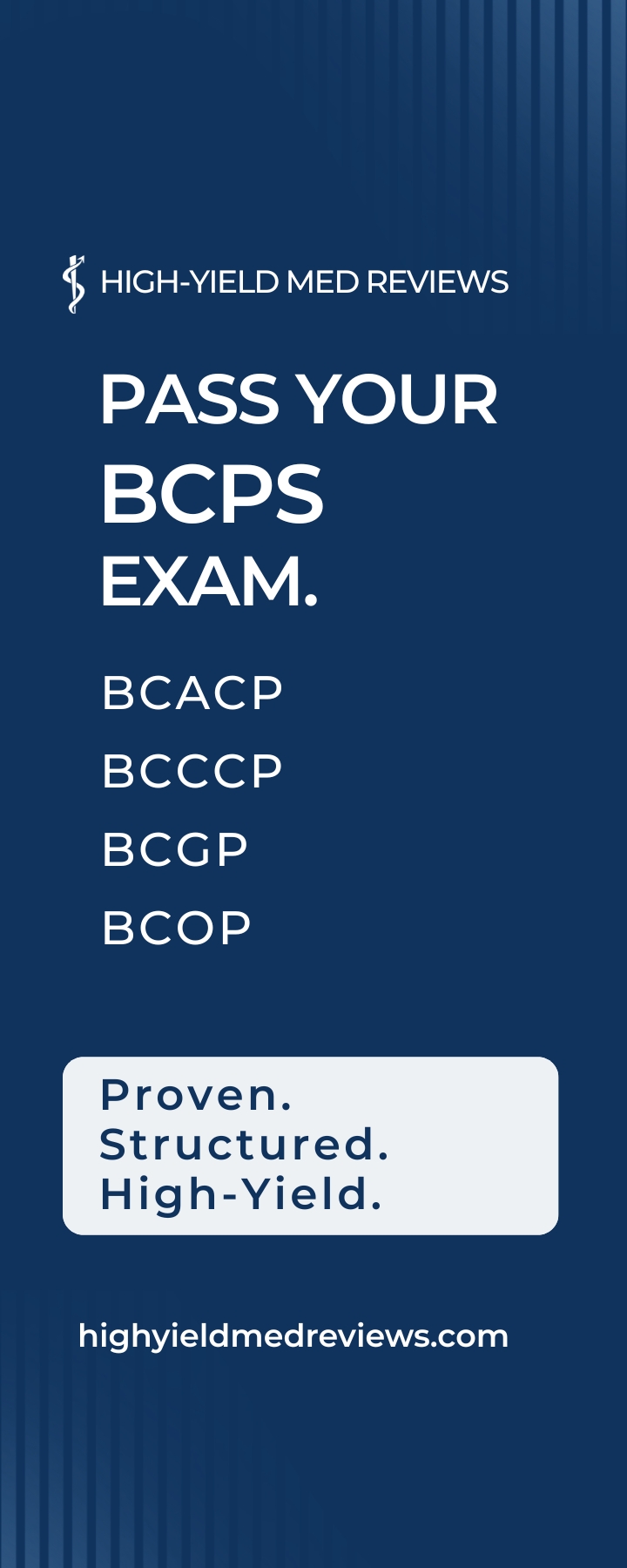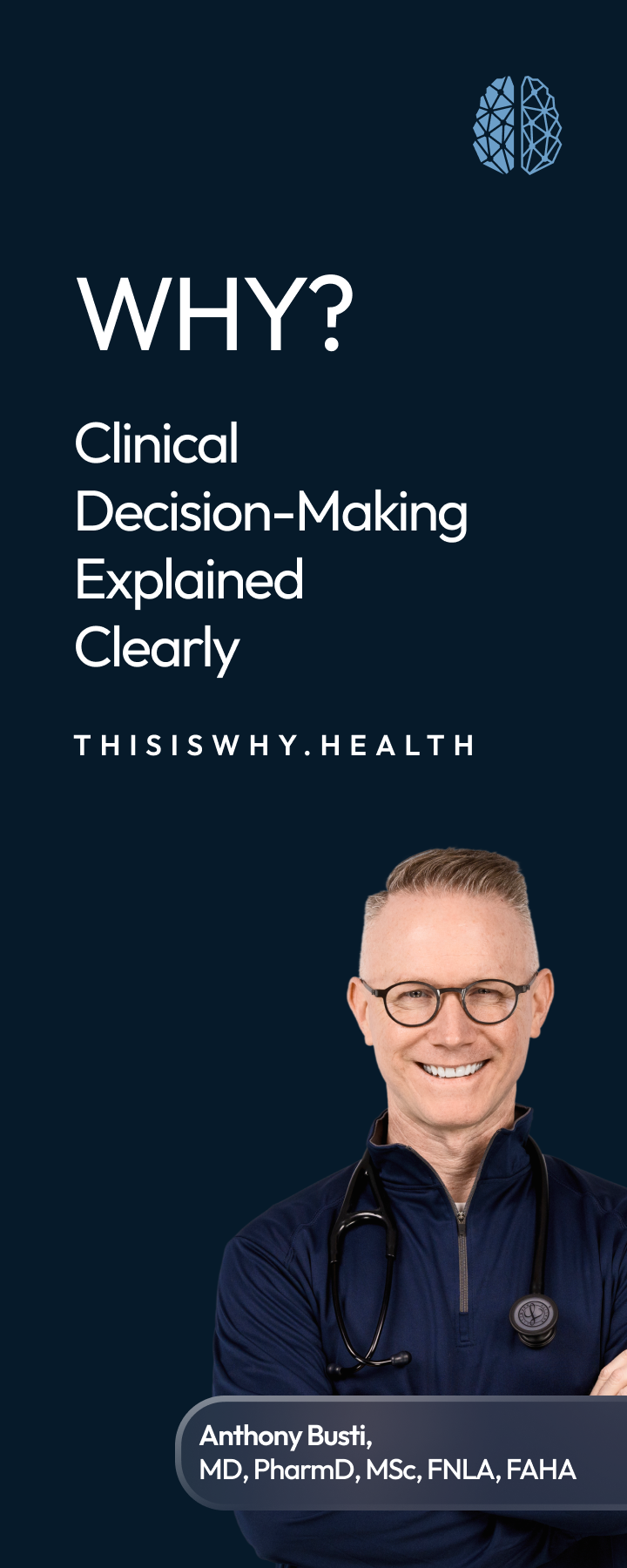Sublingual Nitroglycerin for Acute Decompensated Heart Failure (HF) with Hypertension
Summary:
- Patients presenting with acute decompensated heart failure (HF) and flash pulmonary edema due to acute increases in blood pressure can be in severe respiratory distress.
- Assuming the patient does
not have aortic stenosis or an inferior myocardial infarction, and did not use a
type 5 phosphodiesterase inhibitor (e.g., sildenafil) within the last 24-48 hours,
the patient can be given sublingual (SL) nitroglycerin (NTG) for the purposes
of reducing blood pressure, end-diastolic volumes and afterload, while also
improving cardiac output or forward flow. The combined result of these multiple
effects is to improve the pulmonary edema and respiratory distress.
- This is especially effective if used in conjunction with early initiation of Bilevel Positive Airway Pressure ventilation (BiPAP), and can be used to temporize while the patient is getting IV access, through which an infusion of nitroglycerin can be started
How to Use Sublingual Nitroglycerin & Rationale:
- Standard SL NTG tablets or sprays most commonly come as 0.4 mg (or 400 mcg) per tablet or spray and are given every 3 to 5 minutes up to 3 doses. The onset of action is ~ 1 min and peaks at ~ 5 minutes.
- This means each tablet or spray of NTG provides about 80 - 130 mcg/min of NTG.
- Studies have shown that patients can receive doses as high as 400 - 800 mcg as an IV bolus over 1 to 2 minutes. After the bolus, many patients can be started on 100 mcg/min and titrated to clinical effect.
- Therefore, giving 1 to 2 doses of SL NTG can provide similar results, buying you time until IV access is obtained for an infusion to be started.
- Assuming that the airway is intact and the patient can follow basic commands, start BiPAP (starting at inspiratory pressure of 10 and expiratory pressure of 5; i.e., "10 over 5"). BiPAP can not only improve the pulmonary edema by pushing that fluid back into circulation, but also aids in oxygenation and ventilation due to improved alveolar recruitment, while reducing the risk of needing intubation. (Note: Excessive pressures from BiPAP can also increase intrathoracic pressure and thereby reduce preload. This, in addition to the reductions in preload from SL NTG, can eventually reduce cardiac output and cause severe hypotension.)
- Many patients will show signs of improvement within 10 minutes of these 2 interventions alone.
Editor-in-Chief: Anthony J. Busti, MD, PharmD, FNLA, FAHA
Peer-Reviewer: Dylan Kellogg, MD
Last Reviewed: August 2015
Original Studies
|
|---|
|
Supporting Studies
|
|---|
|
Review Articles
|
|---|
|
Related Content
|
|---|
|
|
YouTube Lectures
|
|---|
|
Keywords
|
|---|
|





